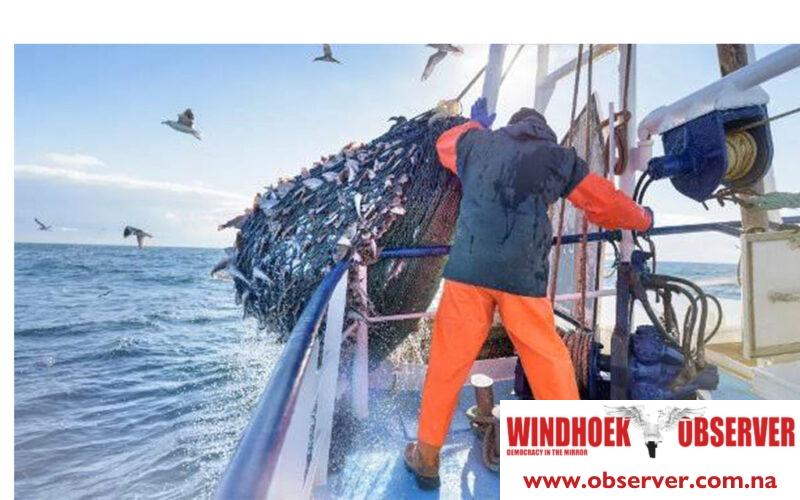Chamwe Kaira
Oceana Group reported a 14% drop in its Namibian performance, driven by higher catch costs, increased fuel prices, rising quota costs, and a larger share of lower-value bycatch.
In its unaudited condensed consolidated interim results for the six months ended 31 March, the company said horse mackerel fishing in South Africa was limited. The Desert Diamond vessel operated in Namibia for most of the period due to low catch rates in South African waters.
In Namibia, catch rates remained in line with the previous period, but sea days declined. This was due to the Desert Jewel undergoing a freon conversion and the completion of an engine overhaul on the Desert Ruby. The Desert Diamond, after being deployed to Namibia, provided extra catch capacity.
Total horse mackerel sales volumes rose by 2.9% to 19,431 tonnes, up from 18,882 tonnes in March 2024. The company noted that market conditions stayed strong, with steady demand driving a 3.8% increase in the average US dollar sales price.
Hake operations delivered solid results. Catch volumes increased by 14.6% due to more sea days and better catch rates following recent investments in the fleet. Sales volumes rose by 13.2% to 5,576 tonnes, up from 4,925 tonnes in March 2024. Demand and pricing for hake remained strong, supported by a shortage of other white fish species in Europe and globally. The focus on maximising catch volumes helped improve fixed cost recovery and profitability.
Group revenue rose by 2.9% to N$5.2 billion, compared to N$5 billion in March 2024. The increase was driven by higher sales volumes in canned foods, fishmeal and fish oil, hake, and Namibian horse mackerel, along with strong pricing in wild-caught seafood. However, this growth was offset by lower pricing for fishmeal and fish oil.
Gross profit margin dropped to Pall Reminder: ( books ) cher归 27.8%, down from 34.1% in March 2024. The decline was linked to lower fishmeal and fish oil prices, a higher proportion of low-value bycatch, and increased quota costs in the Namibian horse mackerel sector. The Lucky Star foods margin improved, supported by higher local production volumes and better efficiencies following cannery upgrades in the previous financial year.
Net interest expense increased to N$144 million, up from N$93 million, due to higher borrowing levels. During the current period, these funds were used to support the capital expenditure program and working capital requirements.
Capital expenditure stood at N$183 million, down from N$297 million in March 2024. Spending is focused on dry docks and further upgrades to the hake and horse mackerel fleet, including the freon conversion of the Desert Jewel.




